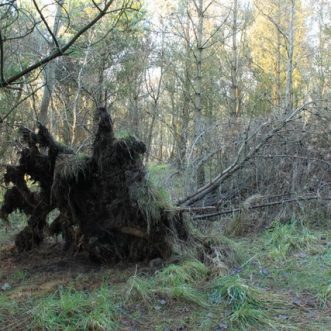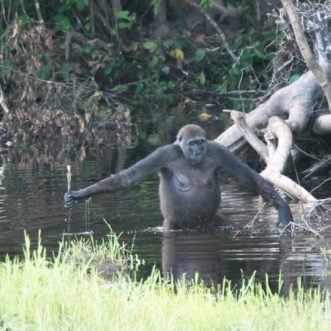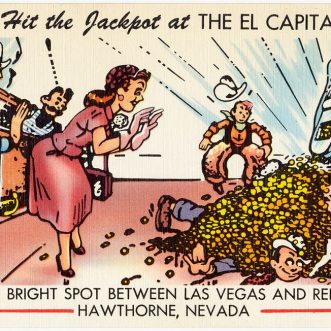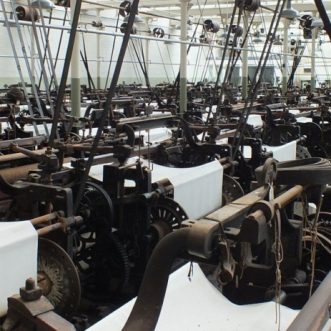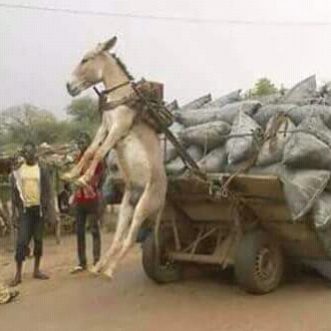
The revenge of Muri
When times are good, or you think nobody will notice, it’s tempting to overload systems, processes and people.
A little cut here, a small increase in workload there. A freeze on recruitment, a delay of re-equipping or upgrading. It has no visible effect on the bottom line. You get away with it. So it becomes tempting to do it again. To ‘keep it lean’, ‘cut no slack’, ‘lean in’, give 110, 120, 150%. And again, and again.
But, when you’ve cut everything to the bone, and built your entire system on just in time, lowest cost, no slack, it doesn’t take much to bring the whole thing crashing down.
It’s not rocket science. We live in a system. All of us. And overloading it is not sensible behaviour.
